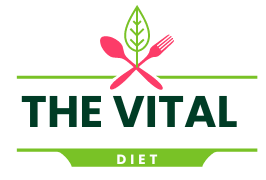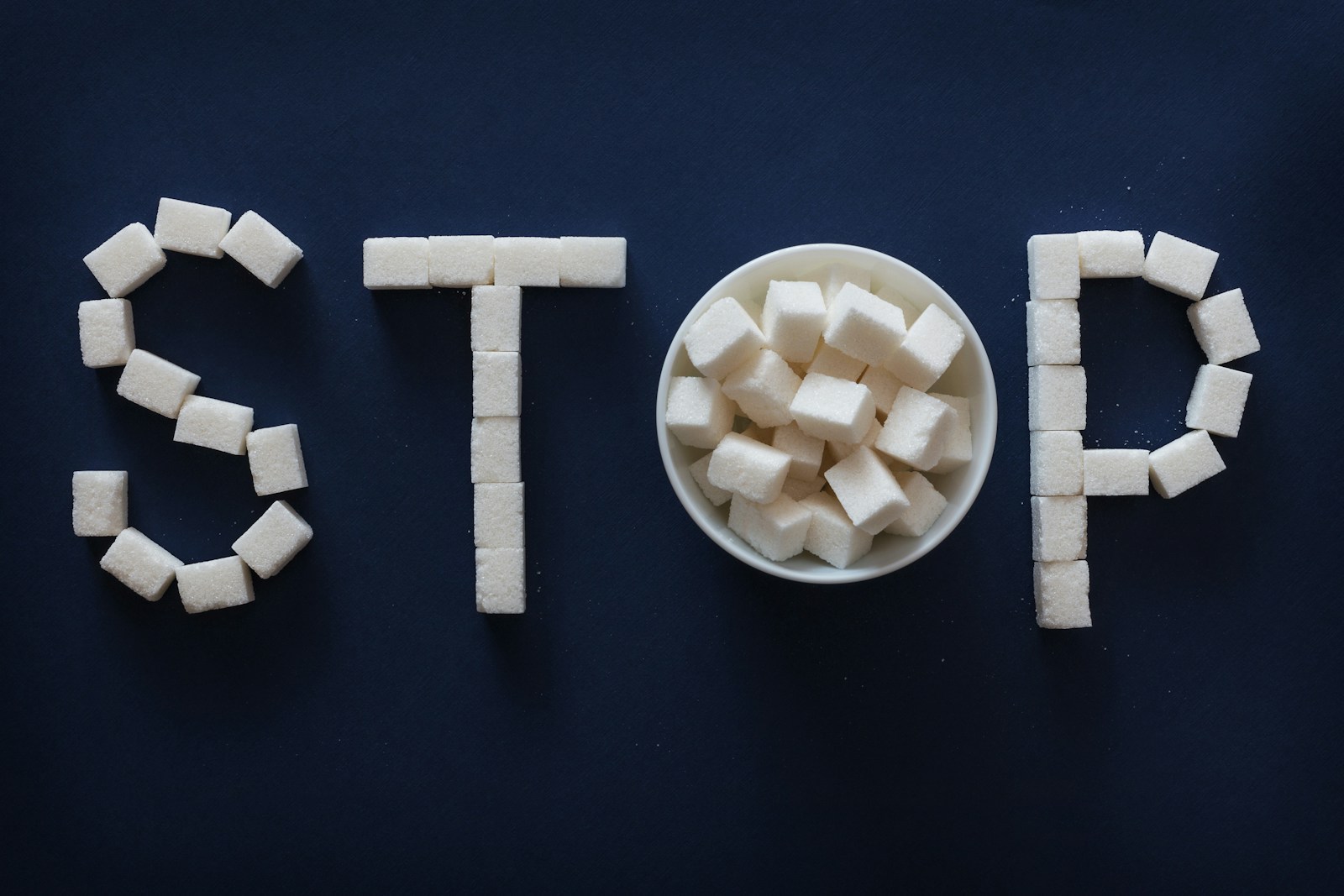
Are you on the hunt for a weight loss diet that is easy to follow, requires minimal preparation, and includes a highly nutritious, readily available staple food? If so, you might have stumbled upon theEgg Diet. This dietary plan has gained attention in recent years due to its simplicity and the promise of rapid weight loss. In this comprehensive guide, we delve into the egg diet’s origins, components, potential benefits, and drawbacks.
What Constitutes the Egg Diet?
The egg diet is a low-calorie, low-carb, high-protein diet plan primarily built around eggs, a popular breakfast staple. The diet’s basic principle is to include at least one egg-based meal each day. It’s not a standardized diet sold in a book or course. Instead, there are several variations available, each with slight modifications to fit different dietary preferences and weight loss goals.
The most common variations include the egg-only diet, the boiled egg diet, and more flexible versions that allow additional foods like grilled chicken, fish, and steamed vegetables. However, each version strictly limits or eliminates starchy foods and sugars.
Expert Opinion
Health and nutrition experts, like Kelly Plowe, MS, RD, recognize eggs as nutrient-dense powerhouses. They are rich in protein, choline, vitamin D, and lutein. However, she notes that the egg diet’s low-carb nature may leave dieters feeling hungry and unsatisfied. Consistently eating the same food (eggs) may also lead to boredom, making it hard for some to stick to the diet.
A Peek into the 7-Day Egg Diet Plan
Here’s a glimpse into a typical 7-day egg diet plan:
- Day 1: Boiled eggs, grapefruit, steamed asparagus; Baked fish, steamed broccoli; Poached chicken breast, steamed mushrooms, and spinach.
- Day 2: Poached eggs, steamed broccoli; Sirloin steak, steamed spinach and kale; Pork tenderloin, grilled asparagus.
- Day 3: Lean ham, steamed kale; Boiled eggs, spinach, chopped mushrooms; Steamed fish, asparagus.
- Day 4: Boiled eggs, orange slices; Grilled turkey breast, steamed broccoli; Sirloin steak, grilled mushrooms, steamed kale.
- Day 5: Mixed berries, lean ham, steamed asparagus; Baked sole, steamed spinach; Pork tenderloin, broccoli.
- Day 6: Poached eggs, steamed spinach, grapefruit; Baked chicken breast, steamed broccoli; Grilled turkey breast, steamed kale, mushrooms.
- Day 7: Boiled eggs, berries; Tuna fish, spinach, asparagus; Poached chicken breast, steamed kale, mushrooms.
Foods You Can and Cannot Eat
The egg diet is not just about eggs. Depending on the variation you choose, it might also include other lean proteins, vegetables, and some fruits. However, all versions require you to primarily consume egg-based meals.
Permitted Foods
The foods you can eat on an egg diet include:
- Lean Protein: Chicken, Fish, Sirloin steak, Lean cuts of pork
- Vegetables: Broccoli, Spinach, Asparagus, Kale, Mushrooms
- Fruit: Grapefruit, Other citrus fruits, Berries
Restricted Foods
The foods you need to avoid on the egg diet can vary based on the specific plan. However, most versions generally exclude:
- Fruit: All fruits except grapefruit, in some variations.
- Starchy Foods: Grains, Bread, Cereal, Pasta, Potatoes, Carrots, Squash, Corn.
- Non-Nutritive and Processed Foods: Alcohol, Sugar, Sugary foods and beverages, Processed meats, Fried foods, Juice.
- Dairy: Milk, Cheese, Yogurt
Preparing for the Egg Diet: Tips and Tricks
While eggs can be a part of a healthy diet, a diet almost entirely based on eggs is not nutritionally balanced. Some variations of the egg diet are healthier than others, but none provide a comprehensive nutritional profile.
14-Day Egg Diet
In this two-week version of the diet, you’ll consume three meals daily, with no snacks or calorie-containing drinks allowed. Each day, you must eat one meal with eggs. The remaining meals can be built around other lean protein sources, such as chicken or fish. You can add low-carb vegetables like broccoli or spinach to supplement your plate. Citrus fruit is sometimes allowed.
Egg and Grapefruit Diet
This is a variation of the 14-day egg diet. On this plan, you eat half a grapefruit at each meal with your egg or lean protein. No other fruit is allowed.
Egg-Only Diet
This version is a mono diet, meaning you eat only one food for an extended period. In this case, you consume only hard-boiled eggs and water for two weeks.
“Medical” Egg Diet
This version requires you to eat one egg and one piece of bread three times daily. You can also eat as many fruits and vegetables as you like. Beverages allowed include water, black coffee, and other zero-calorie drinks.
Keto Egg Diet
This version is a high-fat, low-carb diet popularized on the internet. It promotes eating one egg with one tablespoon of fat (cheese or butter) to put your body into ketosis.
Pros and Cons of the Egg Diet
The egg diet can offer some quick weight loss, but it’s not without its drawbacks. Let’s explore the pros and cons of this diet plan.
Pros
- Nutrient-Dense Eggs: Eggs are rich in vitamins, minerals, and bioavailable protein.
- Eliminates Processed Foods: The egg diet excludes non-nutritive, processed foods, promoting a healthier food choice.
Cons
- May Cause Calcium Deficiency: The egg diet does not provide adequate sources of calcium since dairy isn’t included in the plan.
- May Reduce Bone Density: Insufficient calcium intake may pose a health risk for individuals with low bone density, particularly post-menopausal women.
- High in Cholesterol: While dietary cholesterol and eggs aren’t as vilified as before, individuals with a high risk of heart disease are still advised to limit their intake.
- Low in Calories: The egg diet is so low in calories that you might find it hard to maintain regular workouts or even normal activity levels.
- Low in Fiber: The egg diet is low in fiber, an essential nutrient for healthy digestion.
Is the Egg Diet a Good Fit for You?
While eggs are an excellent source of complete protein and provide several beneficial vitamins and minerals, the egg diet doesn’t offer a balanced or varied diet. It’s not recommended as a healthy, long-term diet. Instead, a balanced diet including a variety of nutrient-dense foods is more advisable for long-term health and weight management.
Final Thoughts
Though the egg diet promises fast weight loss, it’s an overly restrictive fad diet that’s unlikely to yield lasting results. Adopting healthy eating habits that include all food groups leads to a more balanced, sustainable, and positive relationship with food.
Remember that losing weight isn’t necessarily the same as being your healthiest self, and there are many other ways to pursue health. Exercise, sleep, and other lifestyle factors also play a significant role in your overall health. The best diet is always the one that is balanced and fits your lifestyle.





